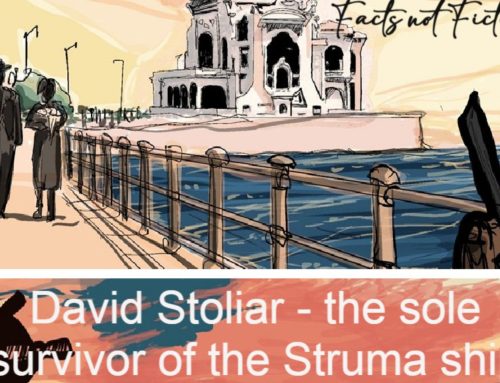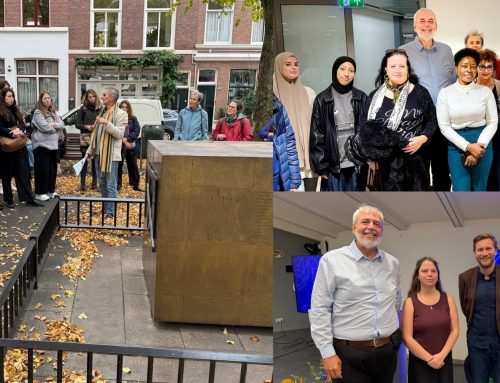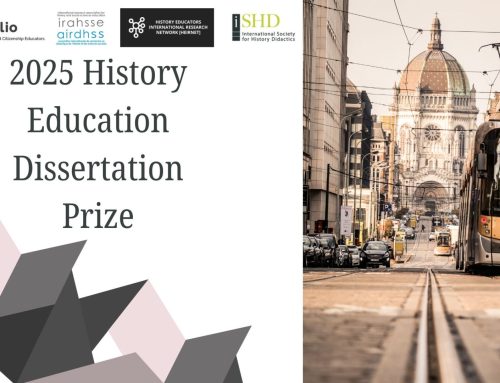The global core team of the new EuroClio project Dealing With the Past in History Education came together in The Hague for the first meeting. Besides holding a two-day management meeting at the EuroClio Secretariat’s office, the core team participated in a part of the Teaching for Peace: History in Perspective conference. This first day of Teaching for Peace on 6 July, co-organised by EuroClio and the International NGOs Forum for History and Peace, took place at The Hague Institute for Global Justice. Theme of the day, “Historical Justice in Europe and East Asia,” is closely related to the project, and therefore served as excellent preparation for the management meetings that followed on 7 and 8 July.
The project Dealing with the Past in History Education creates, empowers and increases the impact of a global core group of civil society actors that have a mission and relevant experience on the promotion of innovative and responsible history education and work on a cross-regional level to work on Dealing with the Past in History Education. The core members of this project are from Lebanon (Lebanese Association for History), India (PeaceWorks), United States (Facing History and Ourselves), Brazil (Auschwitz Institute for Peace and Reconciliation), Cyprus (Association for Historical Dialogue and Research), Bosnia-Herzegovina (EuroClio-HIP), Ukraine (Nova Doba) and Northern-Ireland (History Teachers’ Association of Northern Ireland). The project enables this core group to learn from each other and other stakeholders during an international study visit. The core team members will experience first-hand how other organisations implement their mission. They will explore what history education can contribute to conflict prevention and transitional justice and identify ways to overcome the practical challenges related to dealing with conflicting memories and narratives, dealing with emotional and difficult histories, dealing with uncertainties and sensitivities. The result of this exploration will be the documentation of existing practices and practical recommendations that can be used for local and cross-regional implementation and joint advocacy on global, regional and national levels.
During the meeting in The Hague the core team members were given an opportunity to share shortly their fascinating and sometimes dramatic stories about dealing with the past in their own context. As a part of this presentation, they shared their personal motivation for working on such a challenging and difficult issue. The meeting developed with sharing further ideas on the issues the core team would like to address or learn during the study visits. Between August and December, core team members will go on a study visit in pairs, to visit NGOs and schools. There findings will be published on this website as well as in a final report.
For questions about this project, please contact Jaco Stoop (EuroClio Network Coordinator).












